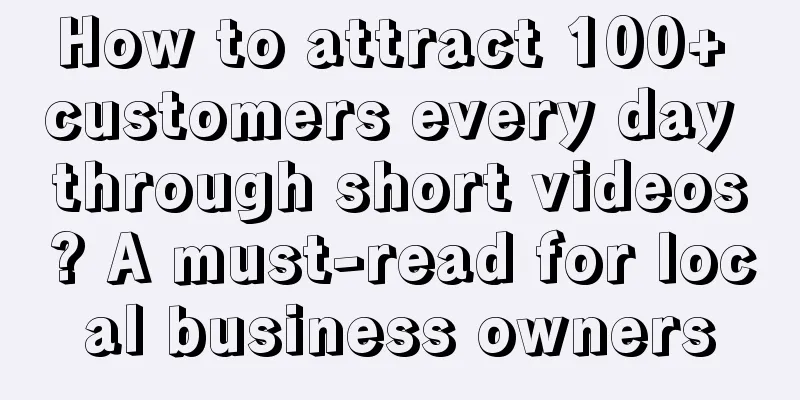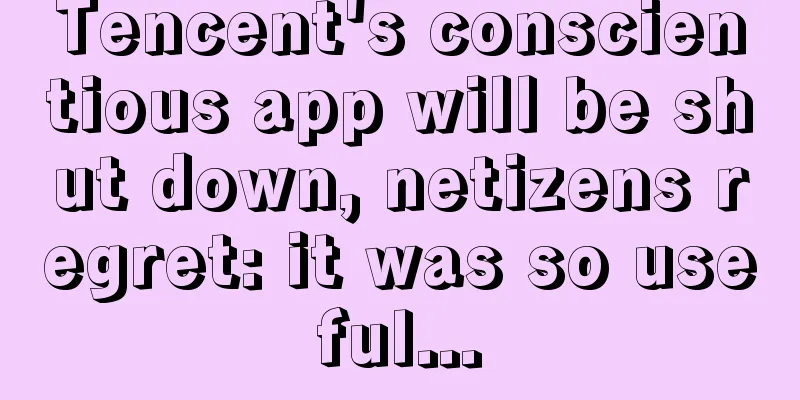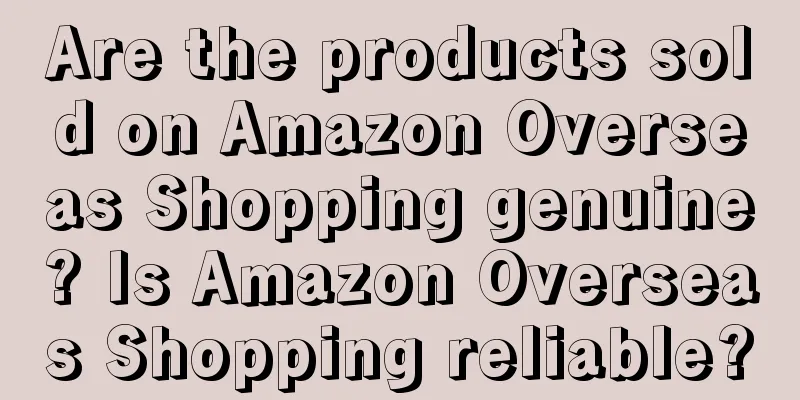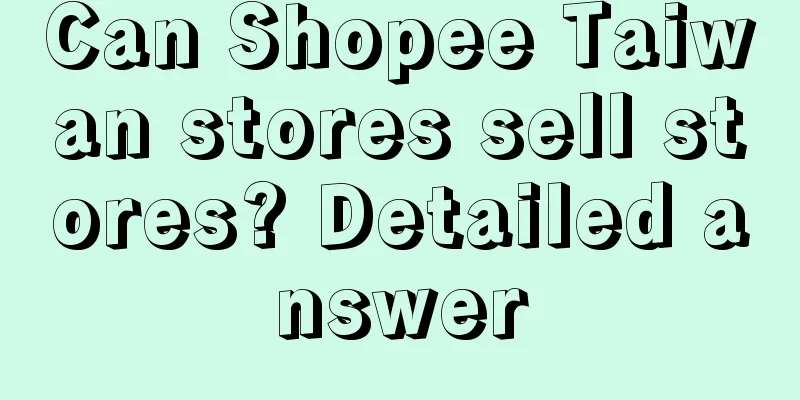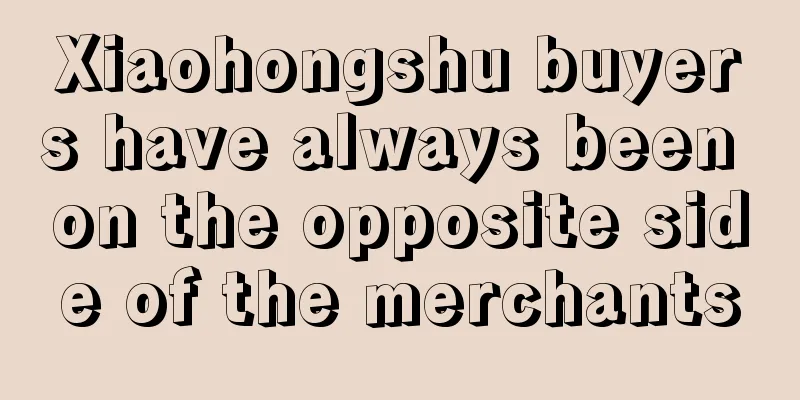Why are there fewer and fewer advertising buzzwords nowadays?
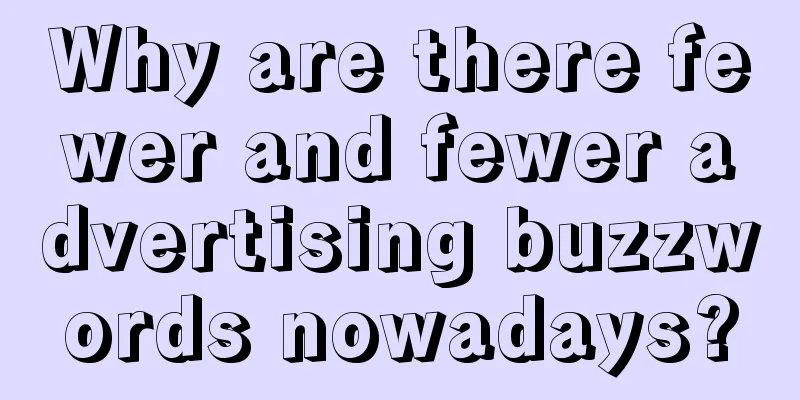
Looking back at our childhood, the slogans on TV often became popular phrases in life, such as "There is no best, only better", "Don't follow the beaten path", "Men should be a little harder on themselves", etc. It was really an era where "advertising led the trend". Now the probability of an advertisement coming up with a popular phrase is about the same as winning the lottery. "Self-discipline gives me freedom" is one of the few. In fact, it is not just the advertising industry that has produced buzzwords. Industries related to content creation, such as literature and performing arts, also rarely produce buzzwords. In the past, the Spring Festival Gala would contribute some annual buzzwords every year, such as "I wouldn't recognize you if you put on a vest", "Why do you want a bicycle", "We're not short of money"... Now the Spring Festival Gala is basically a hodgepodge of Internet buzzwords, which is unbearable to watch. 01 The sheep no longer graze in one placeThe information world is like a prairie. In the era of traditional advertising, centralized media such as CCTV were large pastures with fresh grass, and people were like obedient sheep, crowding in one place to graze. If the slogan had a bit of insight, could be seamlessly integrated into the various life scenes of the sheep, and then huge amounts of feed were put on the ranch, it would easily become a buzzword and spread overnight. With the advent of the Internet, large pastures have been divided into small pastures of strange shapes by various APPs. Sheep are grazed in different APPs. Each sheep has its own favorite pasture. Occasionally, they will go to other pastures to eat different grass, but most of the time they stay in the pastures they are familiar with with their companions. Some sheep don’t like to go to the pasture and only eat native wild grass, or simply grow their own grass. In this case, if an advertisement wants to create a buzzword, it must first have an astonishing budget and penetrate various online apps and offline scenarios. Secondly, it must hit the current social sentiment, and finally it needs a little bit of luck. Ordinary brands cannot afford it, and there is no need for it. Feihe’s product “more suitable for the physique of Chinese babies” was launched seven or eight years ago and is only now becoming popular, but before it became popular it did not affect the success of the company’s operations. 02 The ad was too perfectThe current operating model of advertising companies, from 4A to creative hot shops, is not much different from the operating model 20 years ago. Akang's copywriting and art partners look for references, think of ideas, and determine concepts. The focus of the delivery is still "slogan + KV + TVC". Such a set of deliverables is extremely exquisite, of high quality, and in line with the brand tone, so the client is willing to pay for it. The only problem is that it's too perfect, too advertising-like, including those TVCs disguised as stories. Things that are too perfect have no vitality and are unlikely to become popular. I forgot where I saw this paragraph, but it said that Americans make things very crudely, but they are often very creative and revolutionary. Google, Apple, and Tesla all have epoch-making products, and it doesn't matter if the details are shit. The Japanese make things very finely, but they can hardly make revolutionary products. They can only work hard on the details. Toyota's "lean management" model is invincible. Innovative things always have a rough feel, without routines and without attention to details. In recent years, some creative agencies outside of advertising agencies, such as media and in-house creative teams of the client, have burst out with amazing creativity. GQ, NetEase Cloud Music, Jiang Xiaobai, etc. have done many wonderful cases. They don’t have the perfect quality of advertising agencies, but they are very vital. The buzzwords that are popular on the Internet are almost all contributed by Internet celebrities and online authors, and have invaded the daily language of advertisers. 03 Brand success does not necessarily require buzzwordsMost of the popular brands in the past had a well-known slogan, which even became a buzzword. But now we find that many new consumer brands are already selling very well, but you don’t remember what their slogans are, or they don’t even have a formal slogan at all. Heytea, Jiaoxia, Luckin Coffee, Zhong Xuegao... For these brands, you can’t find anything that looks like a slogan when you open their official websites. If a brand can have a slogan and the slogan can become popular, it will naturally be twice the result with half the effort, and it can quickly reduce the brand's marketing costs and customers' decision-making costs. The absence of a slogan will not hinder the success of the brand as long as the business is managed effectively. It’s okay if the slogan doesn’t become a buzzword as long as it implements the brand strategy and clearly conveys the brand experience. Many copywriters are obsessed with writing brand slogans, but brand slogans do not necessarily have to be slogans. Teacher Dongdong Qiang once said that brand slogan is the definition and expression of the brand's core experience. It is to express the core experience and define a brand in a simple and clear sentence. Usually, the so-called brand value, brand core competitiveness, brand proposition, and brand ideal are all different forms of brand core experience. Previously, Taobao changed its brand slogan to "It's so fun to shop here", which, as expected, attracted a lot of ridicule from advertising professionals, saying "It's too easy to write this", "It's too easy to make money from this"... But what it writes is correct. From "the omnipotent Taobao" to "the fun Taobao", behind it is Taobao's response strategy in the Internet inventory era. From a shopping platform to a pan-lifestyle center for shopping, grass-growing, leisure, entertainment, and social interaction, it directly calls on users to come and shop even if they don't buy anything, clearly expressing the brand's core experience. A clear and correct slogan in plain language is better than a slogan in the wrong direction. Author: Chen Wuyong Source: WeChat public account: "Chen Wuyong (ID: wuyongzhiyong2022)" |
<<: Brand No. 1: Position, rhythm, strategy, and strength
Recommend
How to open a store for a cross-border e-commerce novice? A complete tutorial on opening a store
With the development of global trade, cross-border...
WeChat service account has also been folded!
WeChat has made many adjustments to its functions ...
6 recent favorite cases
This article mainly introduces six brand cases tha...
Roses, red beans, singles, Valentine's Day milk tea knows how to play with memes
Before Valentine's Day this year, as the ambig...
7 tips for amateurs to create an account on Xiaohongshu, and tips for creating an account with a single article
If you are a newly created blogger on Xiaohongshu,...
How to compress images after uploading them to Amazon? How to optimize images?
On the Amazon platform, high-quality product image...
Can I change the wrong email address when registering on Shopee? Why did the registration fail?
Shopee requires sellers to fill in their email add...
What does Amazon inventory reservation mean and why?
Nowadays, e-commerce merchants generally have some...
I sell "soil" online and earn 50 million yuan a year
Today, the GMV of the green plant e-commerce marke...
The new seven deadly sins of brand advertising
In this article, the author shares the vicious cir...
What is the root cause of the obstacles to action?
The article summarizes two ways of thinking: defen...
There is a new way to increase the traffic of public account recommendations, but less than 5% of people know about it...
This article starts with a new way to use public a...
I was so amused by the copywriting of these zoos
This article will take you to appreciate some crea...
In order to save money, young people started the "mass migration" from Taobao
When Taobao is deeply trapped in inflated prices, ...
This generation of young people who love health care are promoting healthy consumption
The phenomenon of "crispy young people" ...
